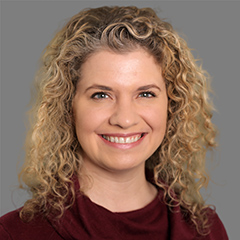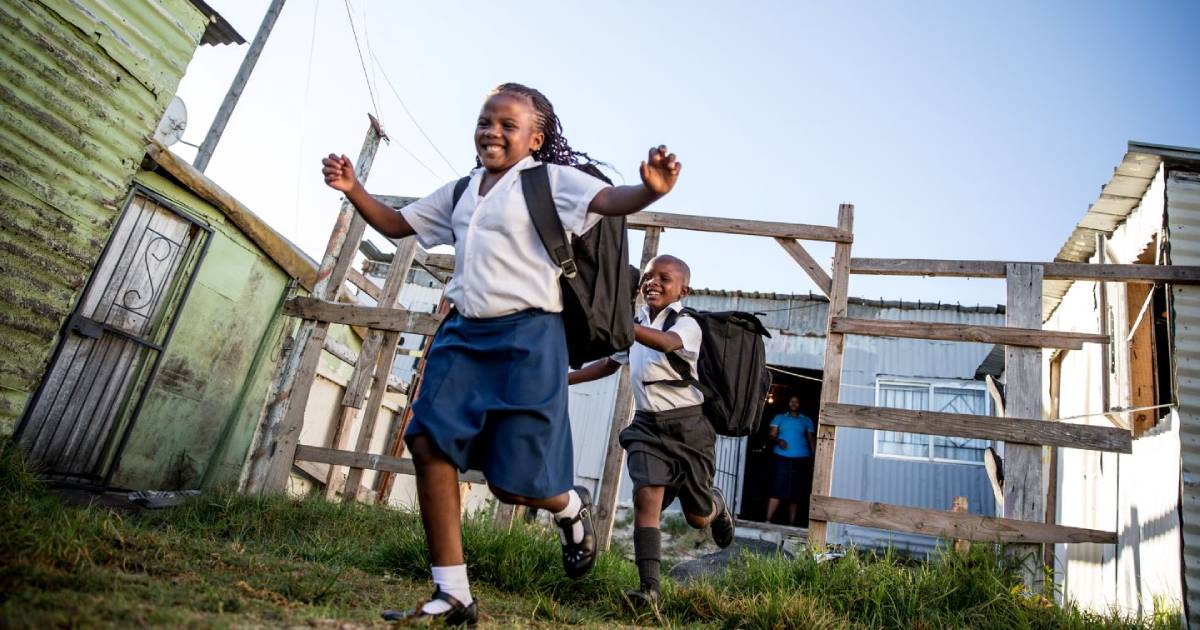Emilie Bagby specializes in designing and conducting rigorous evaluations, including impact, rapid cycle and performance, of education and workforce development programs in low- and middle-income countries (LMICs).
As a learning partner, she excels at identifying and implementing the appropriate methodology to generate learning, working with stakeholders to identify the most meaningful research questions to inform decision making, and combining available secondary data with primary data collection. Her research focuses largely on children and youth in adversity, indigenous populations, and ethnic minorities. She has experience measuring reading skills in local languages for her evaluations and has led evaluations that incorporated measurement of social-emotional learning (SEL), classroom observations, and have used frequentist and Bayesian analytic approaches.
Bagby is currently leading a Millennium Challenge Corporation (MCC) funded RCT impact evaluation of a secondary education activity focused on improving the employability of secondary school graduates in Morocco, as well as an impact evaluation of an activity aiming to increase access to and improve the quality of lower secondary education, particularly for girls, through policy change, improved teacher training, and school construction in Côte d’Ivoire. Bagby is also currently directing an MCC funded evaluation of a workforce development activity focused on improving the employability of Moroccans through improved training, improved job placement and improvements to the Moroccan labor market system.
Previously, Bagby was the principle investigator for the United States Agency for International Development (USAID) Rapid Feedback Monitoring, Evaluation, Research, and Learning (MERL) engagement with Senegal’s Lecture Pour Tous early grade reading program, where she used rapid cycle evaluation methods to help improve program implementation in the use of technology and coaching in supporting teachers and to understand early impacts of community engagement. She also led several USAID evaluations of education activities using RCTs and qualitative research, including of Espacios para Crecer, part of the Community Action for Reading and Security activity in Nicaragua, and of the School Dropout Prevention Program in Cambodia, India, Tajikistan, and Timor-Leste. She was also the project director for an impact evaluation of a primary school girls’ education program in Niger, funded by MCC. She recently led a learning agenda for six workforce development projects in four Central American countries, which synthesized findings across projects and supported continued learning during project implementation. Additionally, she recently led a USAID funded evidence review on the role education policies can play in mitigating violence, crime, and correlated factors such as SEL, the home, school and community environments, and risky and protective behaviors. Bagby has studied human capital investment decisions made by resource-constrained households in developing countries, finding that higher-ability children receive more schooling and are less likely to be involved in child labor, and receive more nutrition investments than their lower-ability siblings in Burkina Faso and Ecuador. She also examined risk and protective factors and risky behaviors related to early school dropout using special youth surveys in Chile and Mexico.
Bagby holds a Ph.D. in economics from the University of Illinois at Urbana-Champaign and is fluent in French and Spanish.


